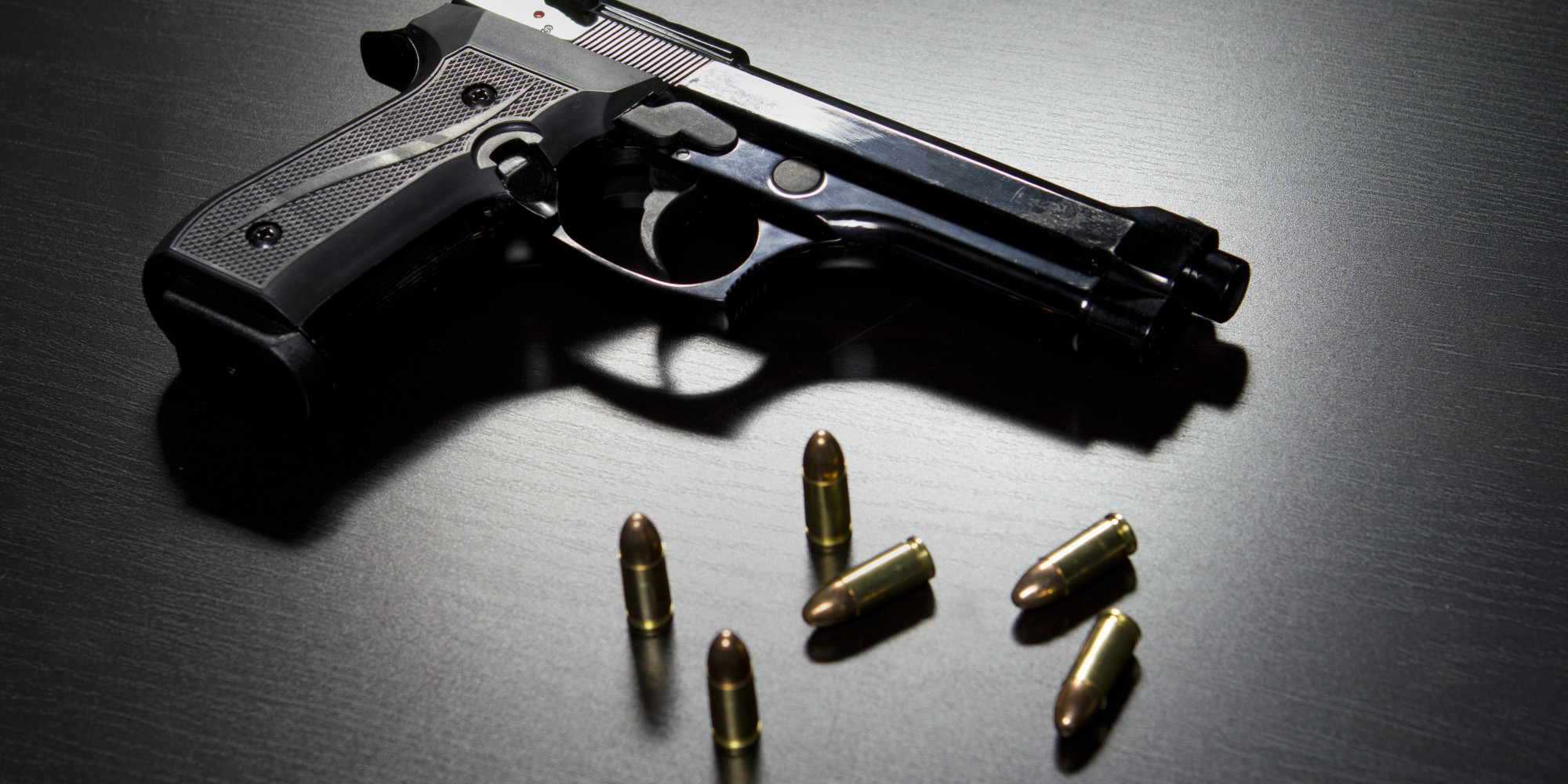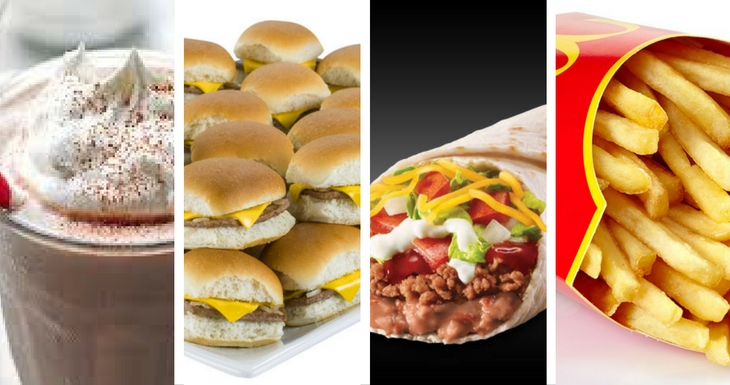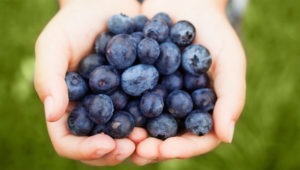
Resilience: the capacity to recover quickly from difficulties; toughness or the ability of a substance or object to spring back into shape; elasticity
Resolve: to decide firmly on a course of action.
“Enter by the narrow gate. For the gate is wide and the way is easy that leads to destruction, and those who enter by it are many. For the gate is narrow and the way is hard that leads to life, and those who find it are few.” – Jesus, (via the writing of Matthew 7:13-14)
Stress is a trigger for many people, not the least of which is those who struggle with overeating. If food is the bullet and hunger the gun, stress is that mechanism we unintentionally trip over on the downward spiral to obesity. Stress is unavoidable, but our response to it is not. And so we must formulate a strategy to combat this nasty little byproduct of living in our all-you-can-eat buffet culture.
I was outside staring at the moon-eclipsed sun yesterday when a friend began to describe my weight-loss journey to a co-worker. She talked about how inspiring I am, even though I tried to stop her. I’m not special. I’m just Margaret. The focus of her admiration was that I manage to keep the weight off.
Friend: “Margaret lost 140 pounds.”
Co-worker: “You lost 140 pounds?!”
Me: “Yes, but I don’t consider losing 140 lbs any different than losing 10lbs. Achieving both requires the same amount of dedication and discipline.”
Friend: “Come on! Losing that much weight requires a much different level of self-control.”
Me: “Not really. You just need to learn how to eat healthy food.”
Now one must understand that I was very interested in what was happening in the sky at that moment in time and so the conversation kind-of died off after that, but as I think about our conversation through the lens of what happened after the eclipse, the subject matter take a much more complex turn.
BANG!
I was under a tight deadline to get a project done at work and finished just under the wire. I sighed deeply as I walked out at the end of the day and climbed into my vehicle. The clouds were threatening and storms were rolling across the city as I drove home. For context, my car has recently manifested a nasty case of manufacturing defect in the form of degenerative rust, and my right rear wheel is preparing to detach at any given moment. Therefore, I drove home with a white knuckle grip on the steering wheel and a thousand prayers on my lips as I navigated each bump and jostle. Every bump presents the catastrophic opportunity for the rear end of my vehicle to either break or bend or just generally fall off in the middle of the road. Yes, I know I shouldn’t be driving it, but some commitments are not so easily broken (like going to work).
After surviving the stressful ride home, I navigated another trip out with my child for an important visit to the doctor. During the 45 minute appointment I aged several years and lost a handful of hair due to the antics of said child, but I did at least get a good chuckle as my 8 year old described to another patron how he is not actually a boy who attends school, but rather a 20 year old warlock who lives under a bridge with a diamond tipped staff and menaces the nice citizens who dare pass overhead. The point is this, stress is unavoidable, but my response to it matters and laughter certainly helps.
“Mom, I think you burned the spaghetti.”
My son stuck his fork into dinner and pulled out a blackened noodle. You may ask how that happens. Well, I’ll tell you. It happens when your youngest is racing around the house like he’s being chased by a bee(but he is decidedly not), and a friend is texting with time sensitive information and needs a response right away, and Mom is frying hamburgers and zuchinni in two separate pans, and boiling noodles, and chopping salad and trying not to trip over the dog, who keeps laying down right next to her feet.
“The burnt pasta is the best part.” I said. “It’s crispy AND chewy. Anybody can make squishy pasta. It takes a special kind of cook to burn it to perfection.”
“Shut up and Eat.”
My husband told me I should have ordered “Hot and Ready” from Little Ceasar’s Pizza but I recoil at the idea of filling my children’s bodies with that garbage (and spending money I don’t have). Some people tell me I do too much, but I’m taking care of my family the best way I know how and nutrition is important to me. That is why we had salad with our pasta and hamburgers. I know I am failing as a parent and that’s okay. That is why when my special needs child kept screaming “breakfast” for no particular reason other than he liked the way it sounded, I hollered back, “Onomatopoeia!” I don’t know why, but when I reach the end of my rope that’s just what comes out sometimes. I must be a literary minded.
“Mom, you’re annoying me!”
Finally, he gets it! Saying the same word over and over again IS annoying. And maybe that is why I found his statement so incredibly hilarious. So I did what any mother at the end of her rope would do, I attacked him with the jiggly belly. This involves lifting my shirt a few inches, jiggling my previously fat–now not as fat–highly stretch-marked–flabby and will never be sexy in a bikini–belly. And when he ran screaming from the room—highly traumatized by the sight of his mother—I chased after him squealing, “Jiggly belly! Jiggly belly!”
Sometimes resilience looks like a jiggly belly.
And if the night had ended there, this blog would have a happy ending and all would walk away from their screens with the idea that laughter really is the best medicine and every bad or stressful situation calls for the crack of a joke and group hugs. Except that it doesn’t always.
Sometimes the child with special needs won’t be calm or still and the jiggly belly is not enough to salve the suffering. Sometimes tempers flare because noses are stuffy from crying, and sleep is elusive, and hives have resurged, and daddy can’t take it anymore because his back is hurty and mommy has to stand and hold the door so the walls don’t come crashing down around our tear-stained faces. This is life, my friends, and real life doesn’t have a perfect script to follow. No matter what the psychologists and psychiatrists and well-meaning Christian friends with perfect children who don’t understand mood-disordered adolescents say.
He is enough.
A friend at work recently reminded me that in the deepest trenches, in the darkest holes, in cancer, in grief, in deadly despair, in the aftermath of divorce, Christ is enough. He is always enough. Sometimes I just forget because my emotions are so big and my heart is so heavy.
“This is the message we have heard from him(Jesus) and proclaim to you, that God is light, and in him is no darkness at all.” 1 John 1:5
God is not malicious or malignant. There is nothing in him that strives to harm me. He does not always answer my prayers the way I want him to because his ways are not my ways. I cannot possibly understand how pain could be for my good but He is a magician that way; he allows bad things so that my heart will be healed. My body may hurt, but it’s my heart he’s most concerned with. He loves me so much that he dresses the most painful and tender wounds I have, and that’s never convenient or comfortable. But he knows it’s the only way to cure me once and for all. And importantly, when I ask the question, “Why”, he doesn’t shoo me away or disdain to answer. He simply says, “I love you. Won’t you trust me?”
This love is a mystery. It befuddles the senses. We reject it because we don’t understand it and therefore fear it. We point at the darkness and shout, “It’s your fault, God!” And He lovingly tries to cure us while we flail around and smack at his hands. But sometimes if we are really lucky, we run out of energy and lay there gasping for relief. And then He very gently leans over and touches the real wound—the unbelieving heart—and shows us just how very much He does care.
Resolve, not just a carpet cleaner!
I opened the refrigerator door and stared at my options: death by chocolate, ice cream or cookies. Sure, I know none of those are healthy options, but they will help my heart feel better after the day I’ve had. I know I shouldn’t eat them. After all, my pants will be unhappy with me and who wants to look bulgy all day while people are silently judging me?
But then I remember what I have resolved to do. I remember that food doesn’t fill the empty places in my heart—the frayed places—the hurting places. Only God can do that. And so I close the refrigerator door. God loves me. He knows where it hurts. He is present in my pain and He will not abandon me in pursuit of the prettier, more perfect child who never flashed the jiggly belly when her mind reached the end of its tether. (And believe me when I say that’s just one of the nicer examples of the ugliness that happens sometimes when my patience runs out).
We are all trying desperately to anesthetize our suffering and we are eager to pull the trigger. Whether it is food or alcohol or drugs or porn or shoe-shopping, we hold the gun and we choose which way to aim it. Our culture says, “Choose your weapon wisely”. Christ says, “I love you. Lay your weapon down and just be held.”




